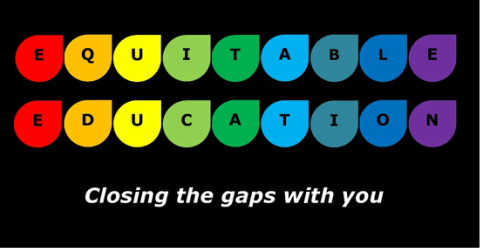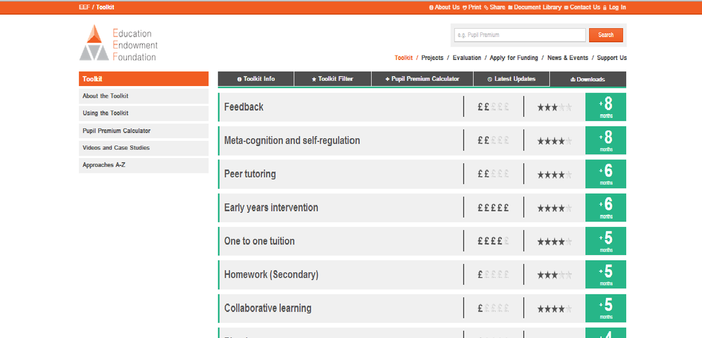In addition, it is also worth noting that there are approximately 1 million pupils in schools in England for whom English is an additional language. The School Level Annual School Census (SLASC) 2011 reveals over 360 different languages are spoken by our children and young pupils. That equates to 17.5% of the primary school aged population and 12.9% of secondary. The term English as an additional language covers a wide range of pupils from those who are new to English to those children who speak English alongside other languages that are spoken in the home or community environment.
Although, there is no doubt that English is a globally dominant language and benefits readily accrue to those who are proficient it in, it should be noted that being monolingual is not the norm as over half of the world’s population is bilingual. Sadly, even today there are many myths associated with bilingualism, particularly in countries where monilingualism is still the norm. This can get in the way of understanding that bilingualism is an asset and that it should be promoted in a classroom and school context rather than being seen as a ‘problem’ that gets in the way of learning. In England, there is no reason why children cannot learn English alongside other languages and have high levels of competency across all four language skills of speaking, listening, reading in both. We strongly feel that more could be done to promote the learning of languages – both as a foreign language in school and for children who speak another language at home and within the community. The benefits for children and young people developing a high level of proficiency in two or more languages are many and backed by research.
We at Equitable Education have selected an infographic on the benefits of bilingualism for teachers to use. This infographic present a lot of useful facts in a visually attractive way. It can be used for discussion with other professionals within school so that a better understanding of the benefits of bilingualism, based on academic research is gained or to positively promote the learning of languages to all pupils. It can also be used as part of a display or as a stimulus to get your pupils to produce their own by using one of the many infographic tools that are now available. This would allow you to custom make your own infographic to fit your own local circumstances. Equitable Education will be producing an infographic on bilingualism based on the context in England over the coming few weeks, so keep a look out for it. In the meantime, we hope you enjoy this one we have specially selected for you below, courtesy of voxy.com.
[1]Source ‘The state of the nation –demand and supply of language skills in the UK by Teresa Tinsley for the British Academy, February 2013.



 RSS Feed
RSS Feed
